To assist us in helping our partners come up with a comprehensive report (required to receive continued financial support for this impressive project) we have asked many, many questions in order to fully understand this World Renew/CFGB project. Since we have learned so much from Justin Kadyeni, the Project Coordinator for the RCZ Diaconia Department, we thought that you, as part of our “community”, would like to hear some of the answers.
Here is a sample of the many questions Justin has answered for us.
Justin, what is the purpose of this project?
This project is designed to improve food security in 2,100 rural households in the Eastern Province of Zambia. This area consists of rural subsistence farming communities characterized by poverty and poor health. Agricultural productivity is very low. Approximately 80% of these households have only enough food for nine months of the year. The project addresses the root causes of household food insecurity such as soil infertility, limited knowledge of conservation farming techniques, difficulty in accessing quality seeds and vulnerability to changes in weather and economic situations. Along with a great emphasis on improving productivity, the project has created a seed loan mechanism for farmers. Teaching them about, and engaging them in income generating activities, improves their capacity to buy seed in the future.
What guiding principles do you, as a development expert, use as you implement this project?
We start from the principle that within any community there is a wealth of knowledge and experience. If used in creative ways, this can be channeled into collective action to achieve the community’s desired goals. Everyone can take part in the issues that affect their lives. When the project addresses the community’s fundamental self-assessed needs and the community is included in developing the process to implement the solutions, community members will eagerly participate. They are empowered by the development of skills for self-sufficiency.
We notice that your proposal constantly makes reference to “farmer groups” and “community” in terms of making decisions, attending trainings, visiting demonstration plots, receiving seed etc…….
That’s right. All beneficiary households must agree to join a community/farmer group. Each group is asked to analyze its strengths and weaknesses and come up with solutions. As trainings are requested, we develop a training plan together with the community. Once a program has been established, the training will be disseminated to the community group through trained volunteers. By using participatory learning methods like this, we have observed that a community is more willing to adopt and sustain what they have learned.
Through experience we have noted that by grouping participants there is increased accountability in fulfilling the program’s mandate. The group also serves to provide encouragement to its members and to add social pressure to insure that loans are repaid. Due to the large area that this project covers, it is more practical to conduct trainings for groups versus individuals. One advantage is that knowledge is shared within the group and is retained as part of the community’s learning history. In addition, the group serves as an avenue for participants to share their successes, thus encouraging and inspiring others to implement the new techniques.
What kinds of handouts does this project provide, Justin?
Handouts? The “handout” in this project is EDUCATION! All the inputs in this project (a variety of quality seeds, beehives, goats, and treadle pumps) are purely loans and these are carefully monitored for 100% payback so other farmers can benefit from these loan repayments.
How are beneficiaries chosen?
The beneficiaries are chosen by the volunteers and committee members who know which households are the most needy. This includes a percentage of widows, orphans and ill people. However the over-riding factor that each beneficiary must be committed to is a willingness to be educated. They are carefully informed upfront that any inputs they receive must be paid back in full.
There seems to be a great reliance on volunteers. Why is that?
The impact of this project is much greater as thirty volunteers receive extensive training to share with their groups, thus multiplying the effect and reach of the information. Using volunteers chosen from their own communities increases the sustainability of the project as the volunteers not only contribute their time during the project but will continue to productively serve their communities long after the formal work has ended. The reward for this volunteer work is the respect of the community, the opportunity to receive in depth training and a bicycle (an absolute necessity to visit the households in their charge). Information transfer to communities has been very effective and efficient through the training and promotion work of the volunteers.
Justin, could you tell us more about AVWs?
These are Agricultural Volunteer Workers chosen by their own peers and willing to commit to the full length of the project (three and one half years). They can be either male or female and work two to three days per week – quite a commitment when each of them is a farmer with his/her own land to tend to! Each AVW receives special training each month on a variety of topics by a Development Facilitator and sometimes by the Ministry of Agriculture. The AVW in turn passes this information on to each of their three groups of thirty-five farmers. He or she keeps thorough records on attendance, topics covered and details on the many outcome measurements required by this project for accountability. The AVWs receive regular updates, encouragement and back up from the Development Facilitators.
What about CHWs?
Community Health Workers are also volunteers but their role is quite different. Again, they are chosen from their own communities. The CHWs are trained by the Ministry of Health and work in close cooperation with the Rural Health Centres. They receive an initial six weeks of training and have the responsibility of weighing the children under the age of five every month to identify children at risk. At each of these weighing sessions, they also teach a variety of health topics. (See previous blog for more information).
OK Justin! Thank you for sharing this information with us and for helping us to understand the project and the implementation. You are a great teacher!
We are beginning to get it! The community identifies the concerns. The community discusses the solutions. The community picks a volunteer from their community. The community works together, holds itself accountable and inspires and encourages its members for the good of the community.
We are almost ready to leave Zambia, having learned and seen so much about the benefits of living and working in community! Now, we look forward to rejoining our community in Canada!
PS – this will be our last blog for this assignment. We are currently in Lundazi, a town several hours north of Chipata (the town where we have been living), where we have been asked to provide some assistance to another partner who is starting a new project in that area. We leave Zambia on Saturday to travel back to Malawi and catch a flight to Amsterdam where we will spend a few days before returning to Canada. Thanks again for your interest, encouragement and prayers while on this assignment!


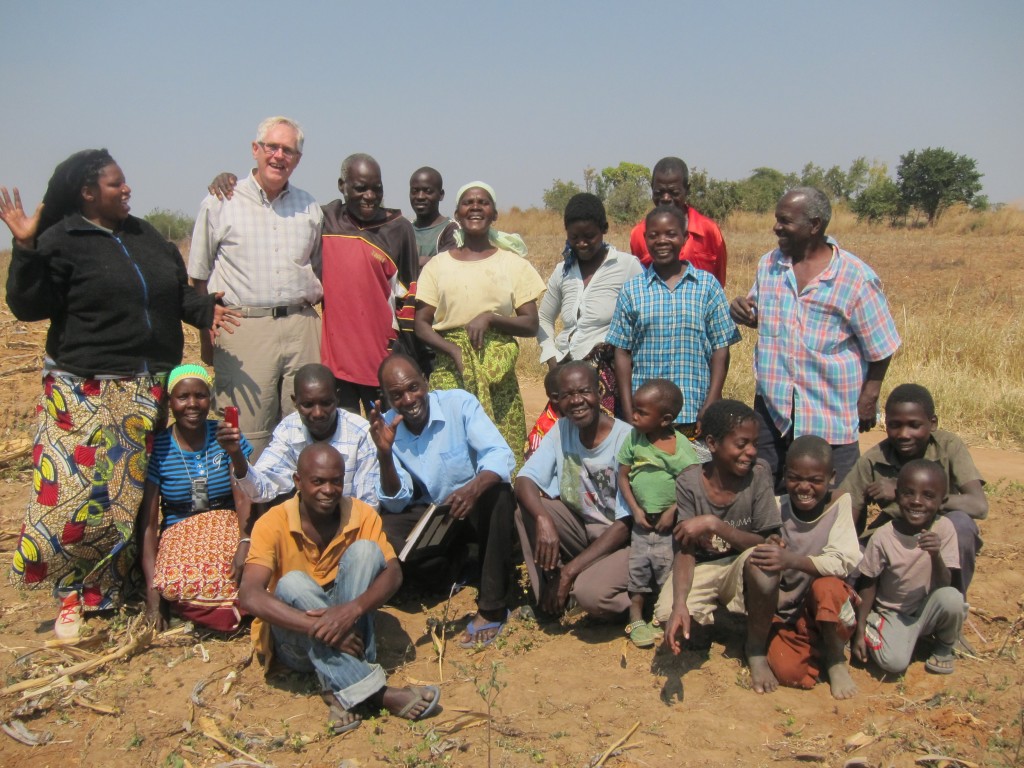
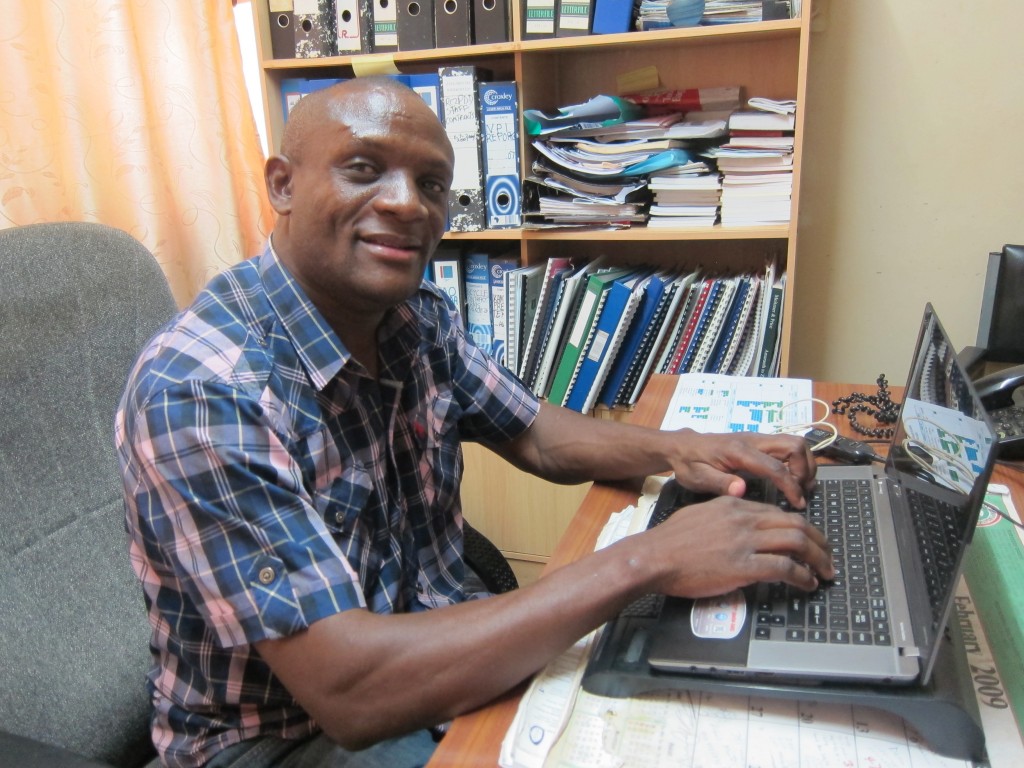
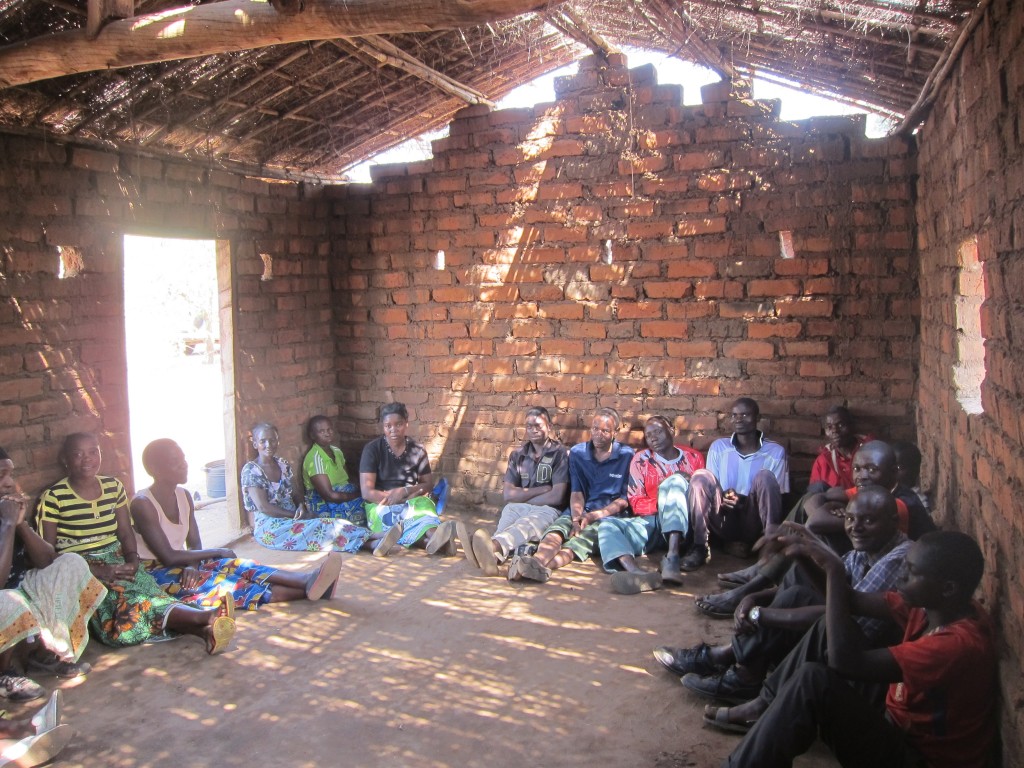
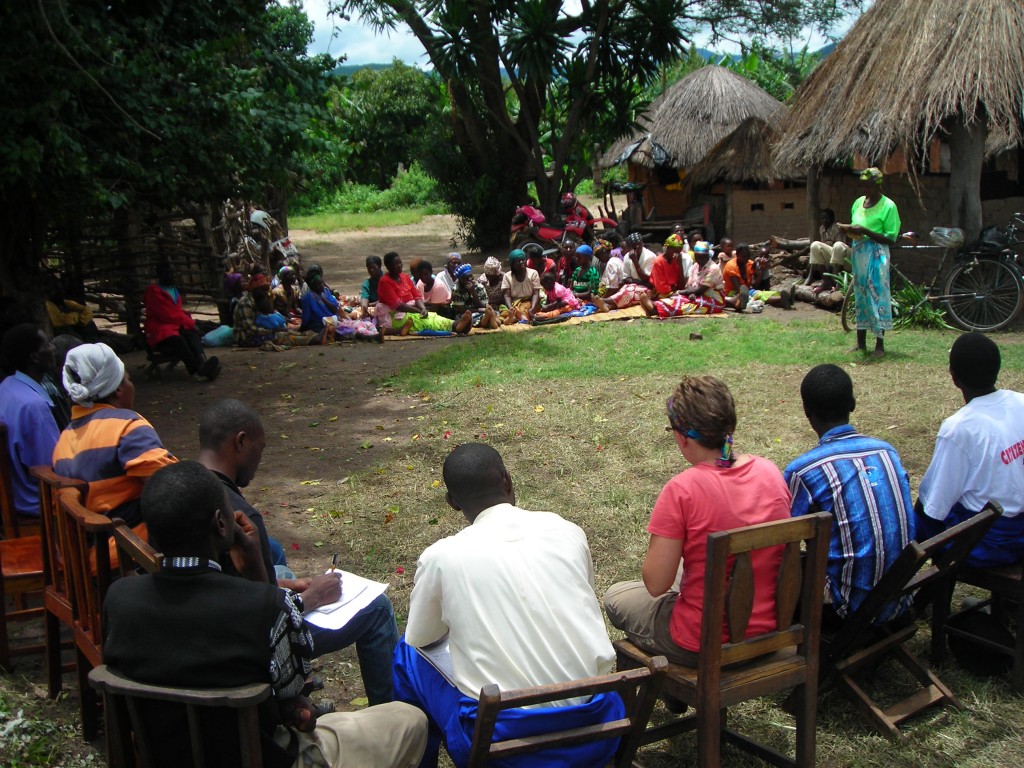
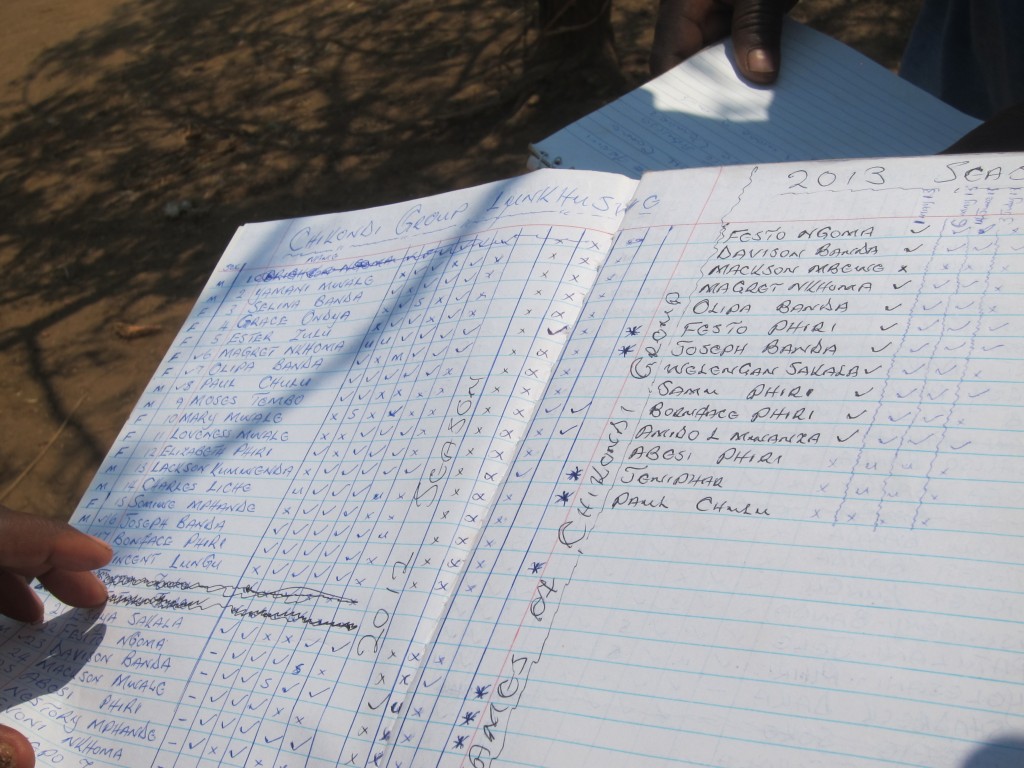
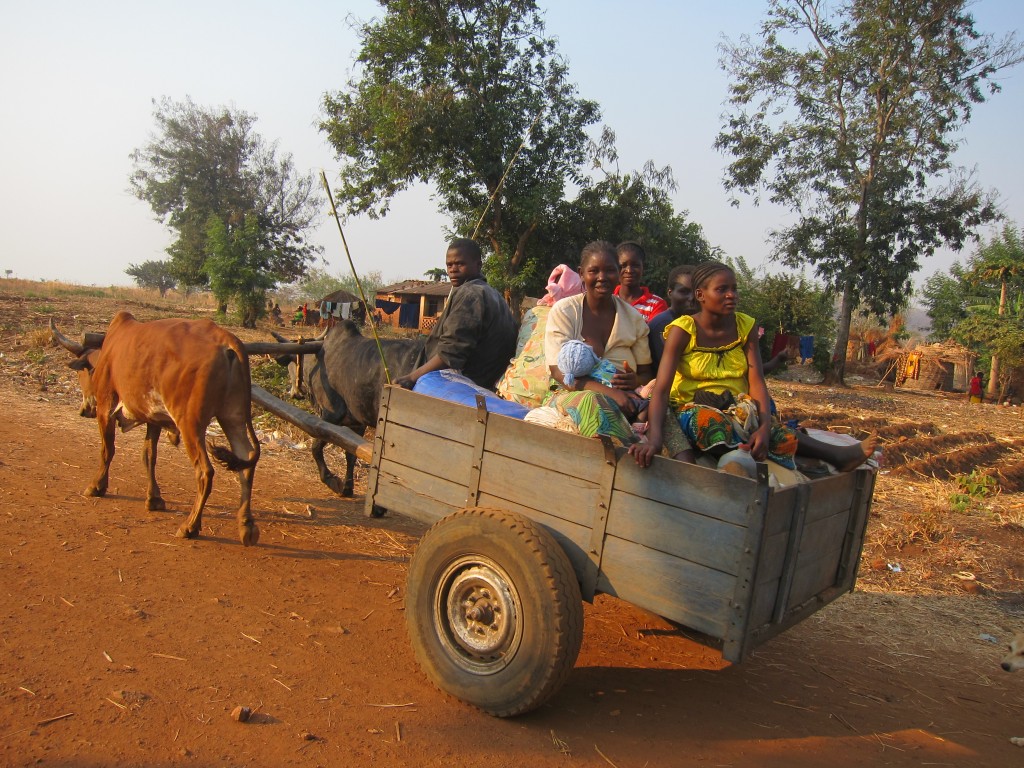
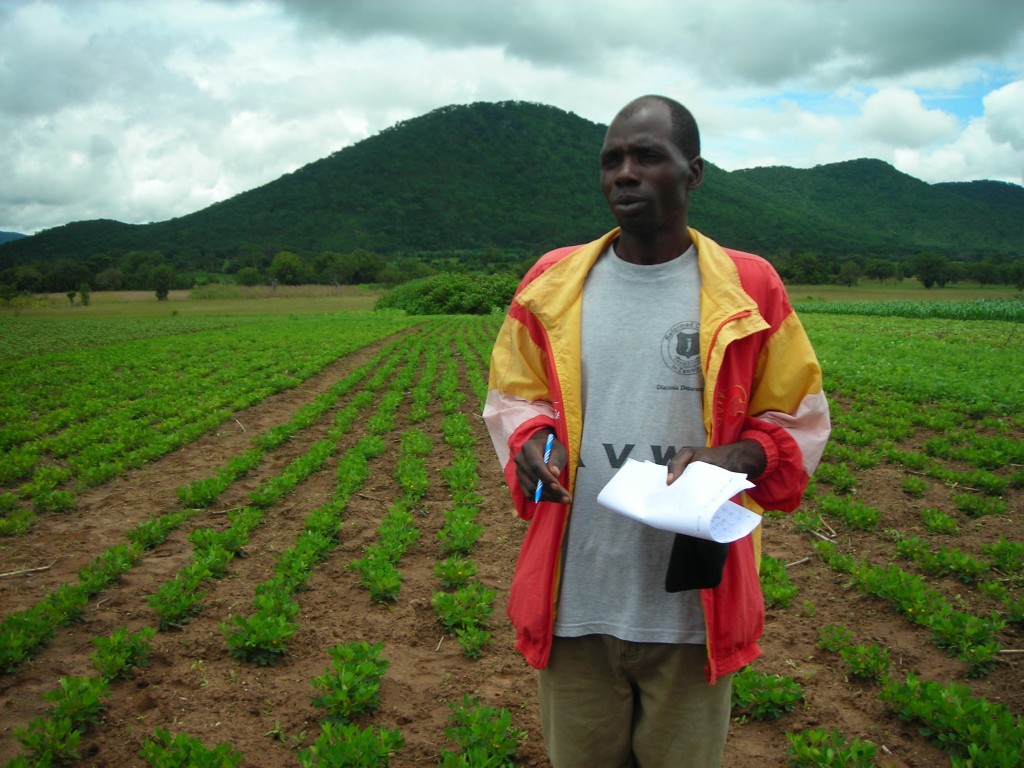
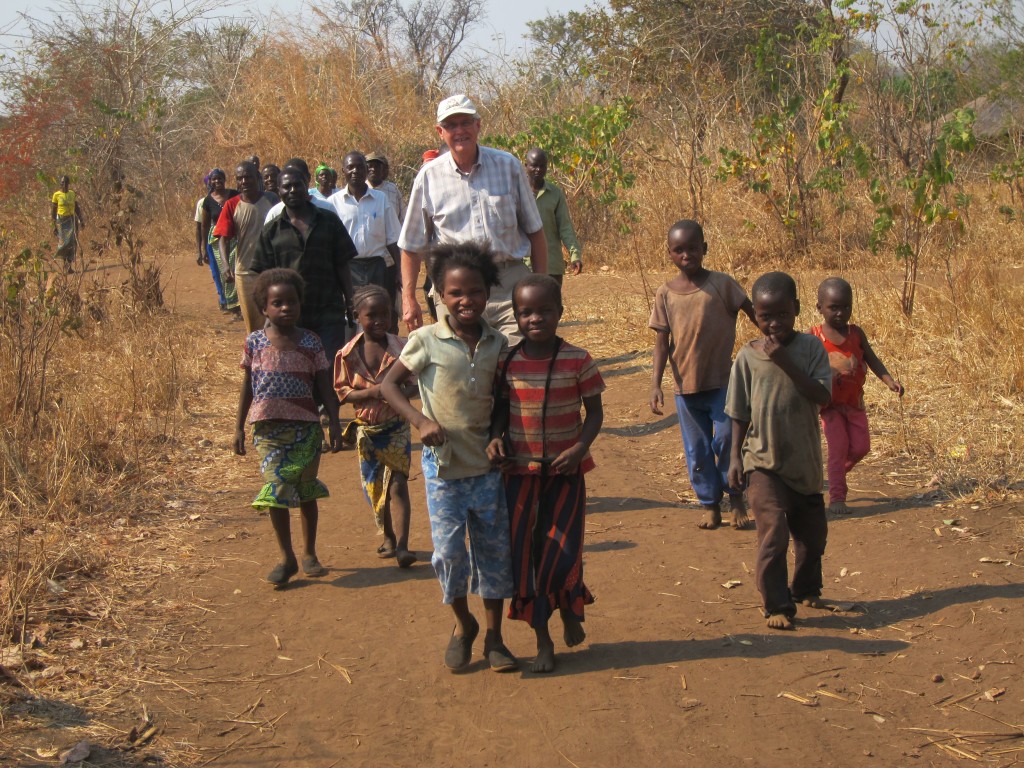
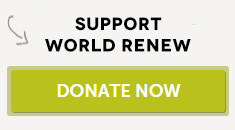
Loved the pictures! thanks for sharing the process and how ell the community aspect functions. We could learn from these people about dependence on community, sharing and volunteering…..
PS I am so looking forward to your return!
well done!
I love that last picture!
Well done! Good and Faithful servant.
Thanks for all your work and for sharing it with us. Sounds like the people in Zambia have really helped the writing of your report. Looking forward to your homecoming even though we are across the country from you. Take care and safe travels!
It was nice to hear that you had a good time in Zambia and also that the work went well, may the name of our Lord Jesus be praised.
Wishing you a safe journey back home to be with your family. It has been good also learn how other people do things differently in other country.
God bless and keep you.
Loved learning from you. You mentioned bikes being important. Do you know where they get them? and are they readily available? Take care.
Well Done. I’m sure what you have learned has enriched your life beyond words. Looking forward to seeing you home again. Praying for safe travels.
Justin seems a well spoken and competent person – one of many in that community who work hard so that his own people can have a future
So informative! But we’ll want to hear it all again when you get home. Who does all the excellent photography? Hope you are none the worse for wear from these two months away! Love from all of the DeVries’s and your old Mem (she’s ok!). See you soon, Roelie
Hi Harry and Annie
These pictures are great, and all your details are awesome.
Praying for a safe return for you both in a couple of weeks.
Love Ann
Harry and Annie, another helpful adventure comes to a close! Great work with needy people. It is also and education for me. Have a safe trip home. Gives us a call when nyou have a minute.
Gene
Harry and Annie, thank you so much for your wonderful work in Zambia!!
Wayne
So great to see all the pictures and read all the stories!! Look forward to you coming back. Pray for a safe return.
Love the breastfeeding woman on the cart with the 2 cows, Go mamma!……….can we get that level of breastfeeding in public for Canadian babies? Breastfeeding has far more benefits for mother baby community and nations than we truly understand:)
We really enjoyed your blogs with all the information and pictures. Sounds like you had a great time doing the Lord’s work. May He grant you safe travels home.
Margaret & Rients
Thanks for all your colourfull reports, you did a good job. We are looking forward to meet you on 24 Sept!!!.
Justin is a good teacher, and you both are great listeners. May our God richly bless this community so it can thrive.Thanks for all your work and information.